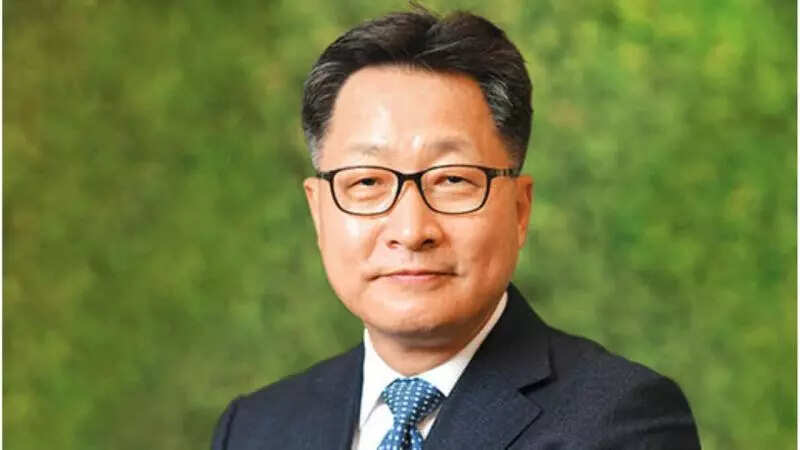 “>
“>Hyundai Motors India Managing Director Unsoo Kim on Thursday called for deeper collaboration and investment in India’s mobility transition and localisation efforts, while calling the government’s recent GST reforms as a ‘pivotal step’ towards creating a consumption-led economy.
“The GST overhaul will further energise the automotive sector, aligning seamlessly with the Make in India vision, by encouraging domestic manufacturing and stimulating demand across both urban and rural markets,” Kim said. He was speaking at the SIAM annual convention.
Hyundai chief said India is moving from “value-conscious to value-driven mobility,” supported by a strong policy framework that includes FAME, Production Linked Incentives and PM Gati Shakti.
“The potential for collaboration is vast. India has the scale, the skills, and the spirit to co-develop solutions with global partners – solutions that are made in India, for India, and for the world,” he noted, adding that through a synergy of world-class technology and indigenous engineering talent, India is becoming a global hub for innovation and advanced manufacturing.
Localisation efforts
The Hyundai chief also called for upping the localisation efforts in the country. “Localisation will be key – in manufacturing, technology, and supply chains – ensuring that India contributes not just in scale, but in meaningful value creation,” he stressed. According to reports, the carmaker has already achieved 92 per cent localisation in manufacturing and has commenced local assembly battery-packs at a newly commissioned facility within HMIL’s Chennai manufacturing facility.
Future of mobility
On the future of mobility, he highlighted electrification, hydrogen propulsion, and AI-led integration as the forces reshaping transport globally. He cited Hyundai’s initiatives, from hydrogen-powered trucks in North America to robotaxis in Singapore, while stressing India’s role as a global hub for innovation and advanced manufacturing.
The South Korean major, in April this year, launched the Hyundai Centre of Excellence for future mobility technology (Hyundai CoE) at the Indian Institute of Technology in Delhi. The Hyundai CoE is intended to serve as a central hub for R&D, advancing future mobility solutions and fostering a localised innovation base tailored to the Indian market.
He also highlighted Hyundai’s five priorities in India, which are: investing in sustainable technology, developing a nationwide EV ecosystem, supporting harmonised policy frameworks, fostering public-private partnerships, and advancing ESG goals such as renewable energy adoption at its Chennai plant.





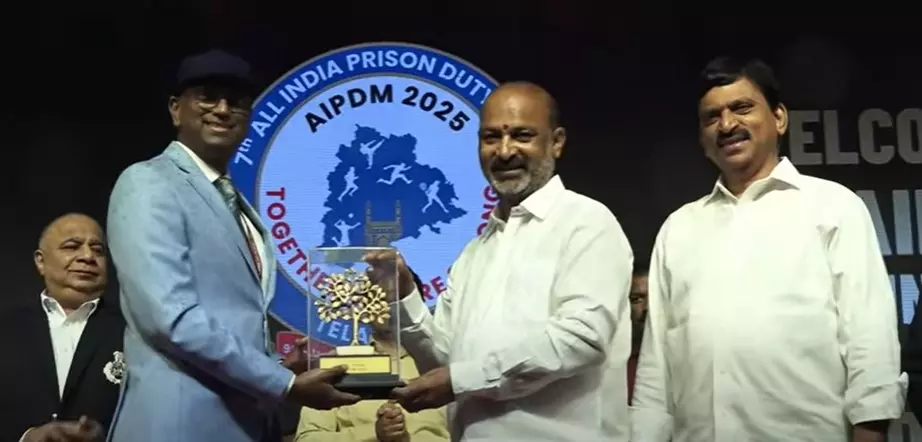

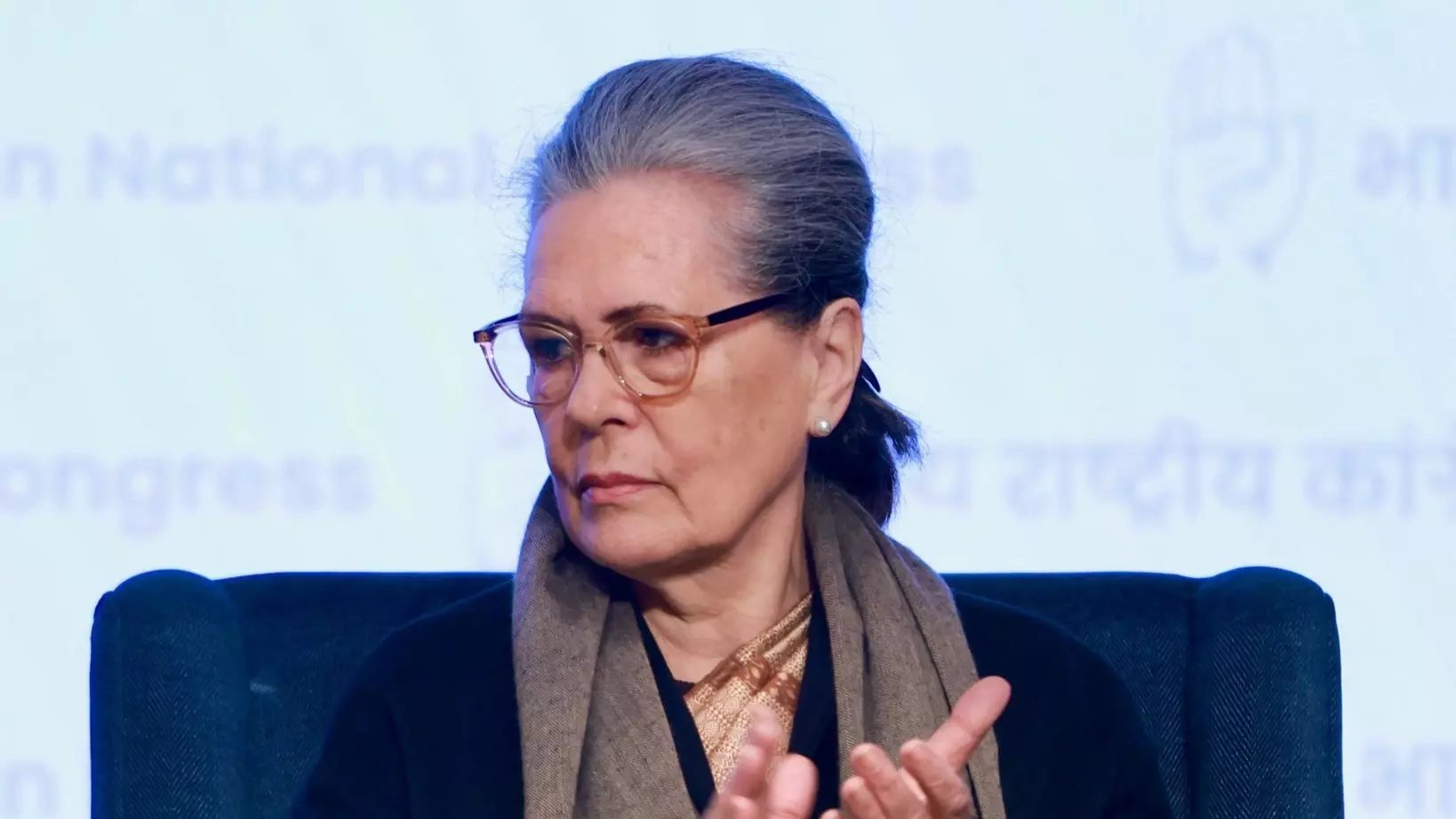
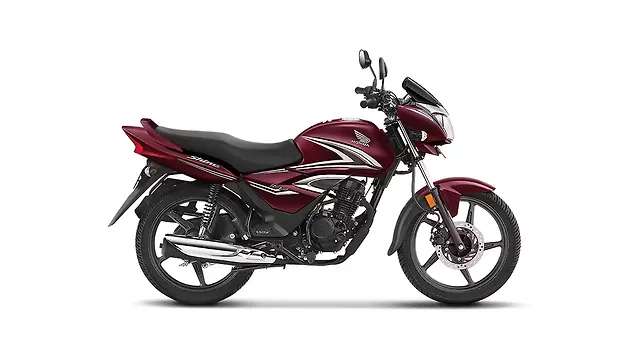




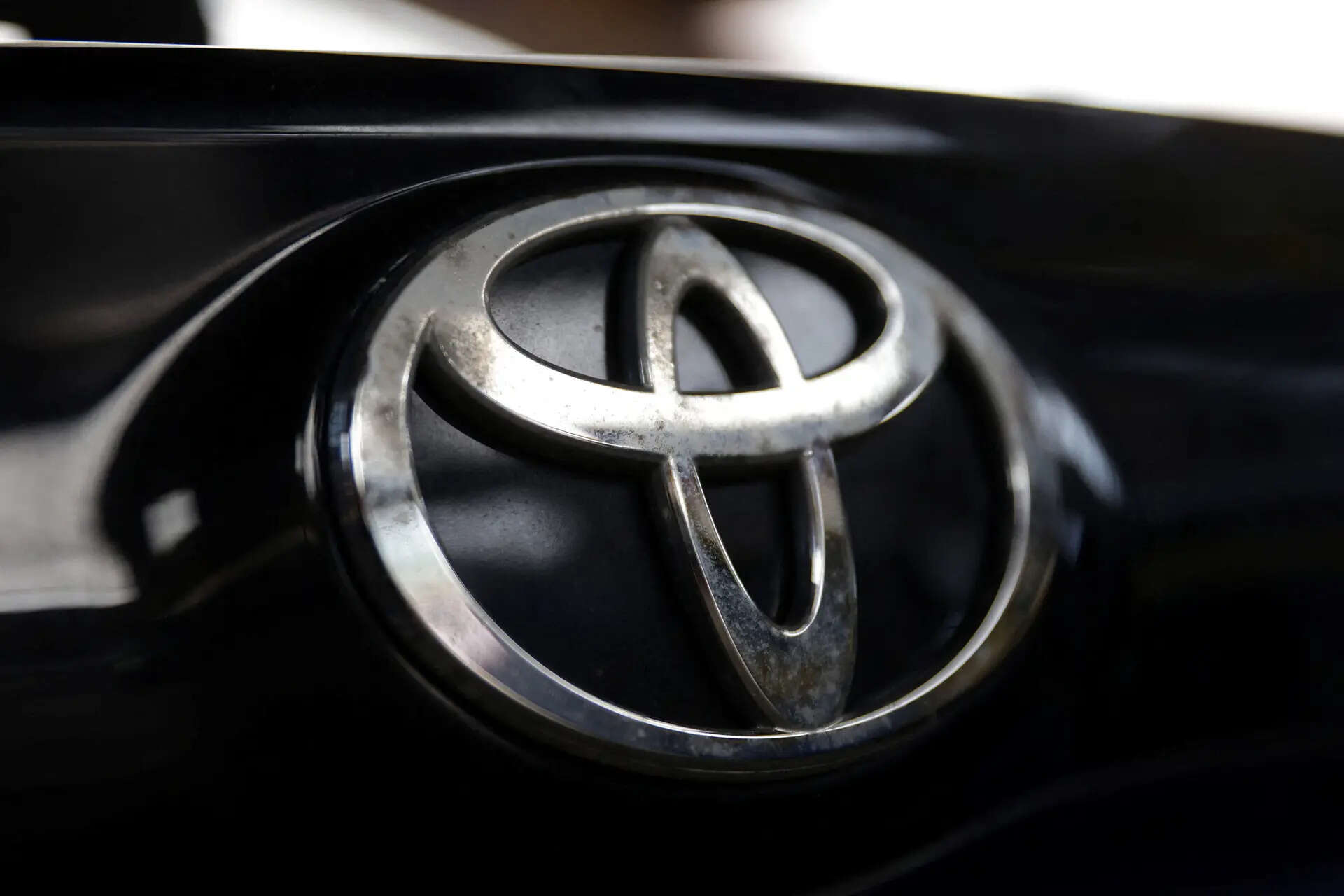

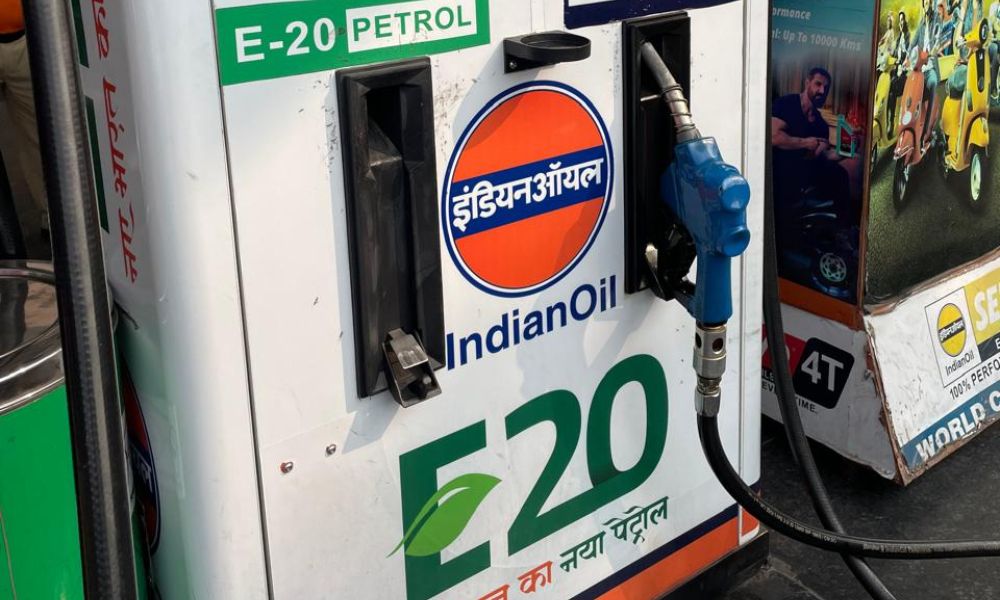
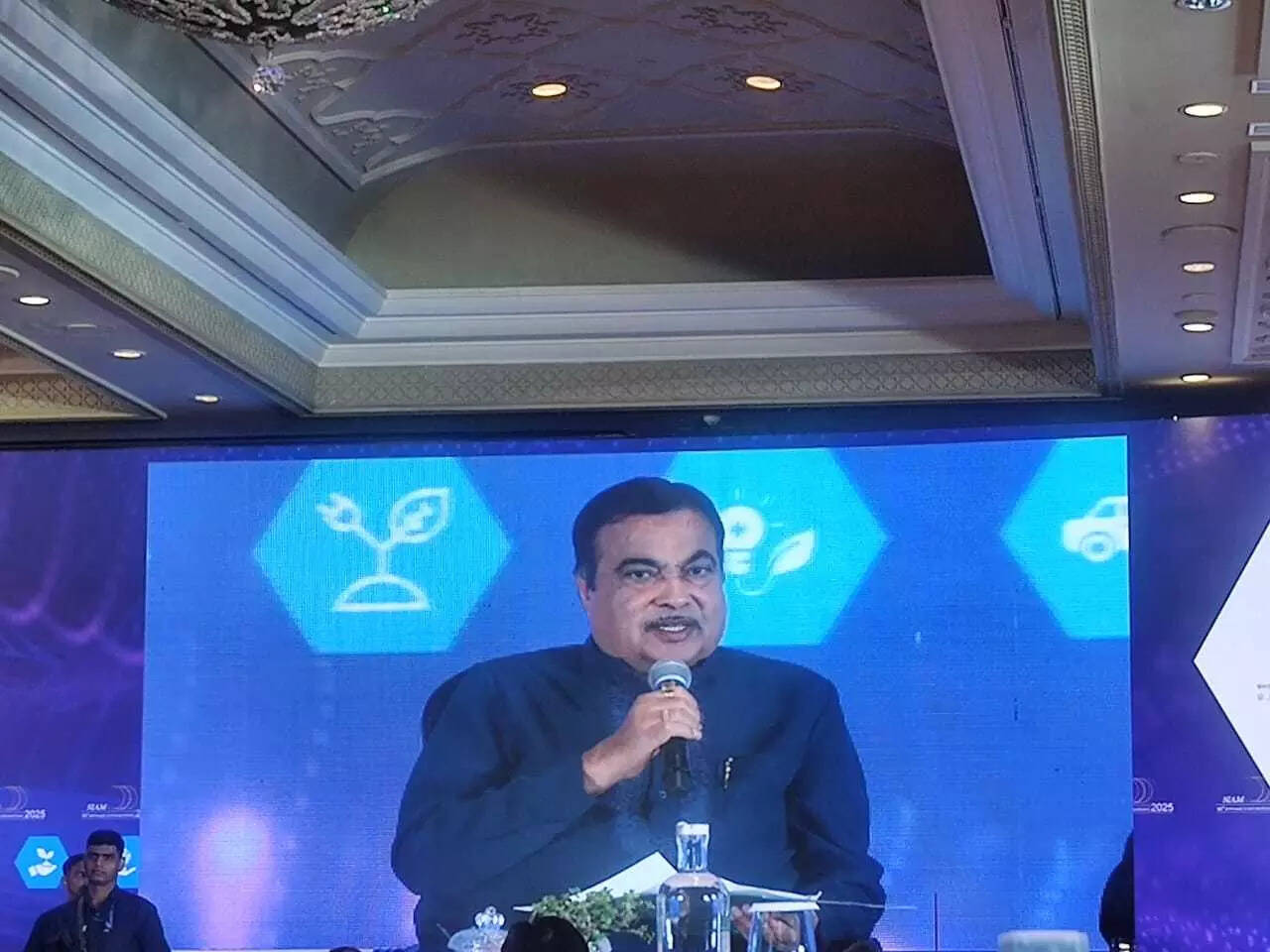































![[HINDI] 2025 OnePlus Android BGMS Season 4 | Semi Finals – Day 2 [HINDI] 2025 OnePlus Android BGMS Season 4 | Semi Finals – Day 2](https://i.ytimg.com/vi/ebVtHUWU1iY/maxresdefault.jpg)